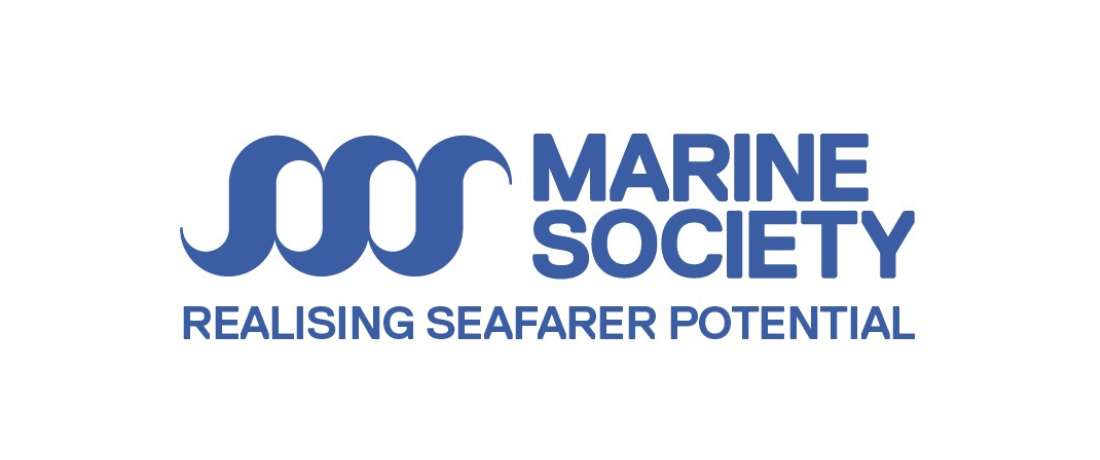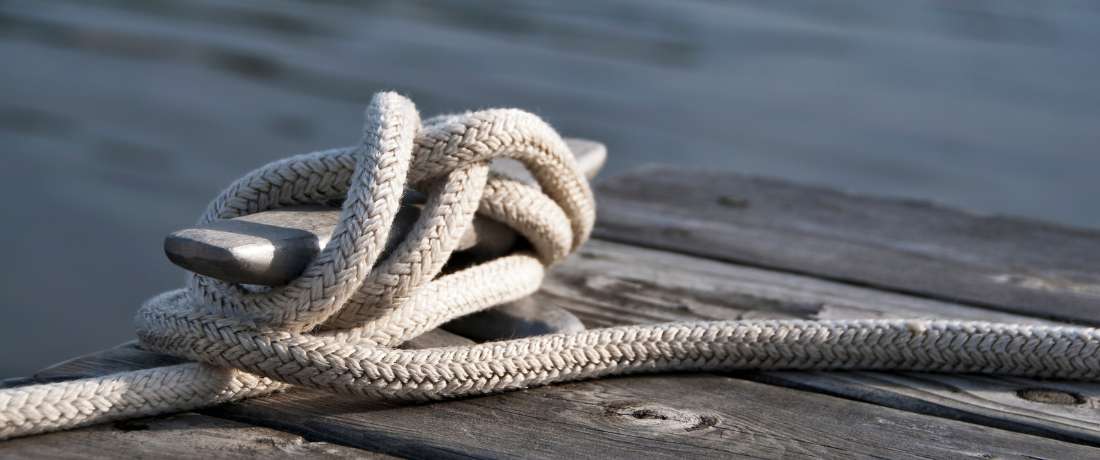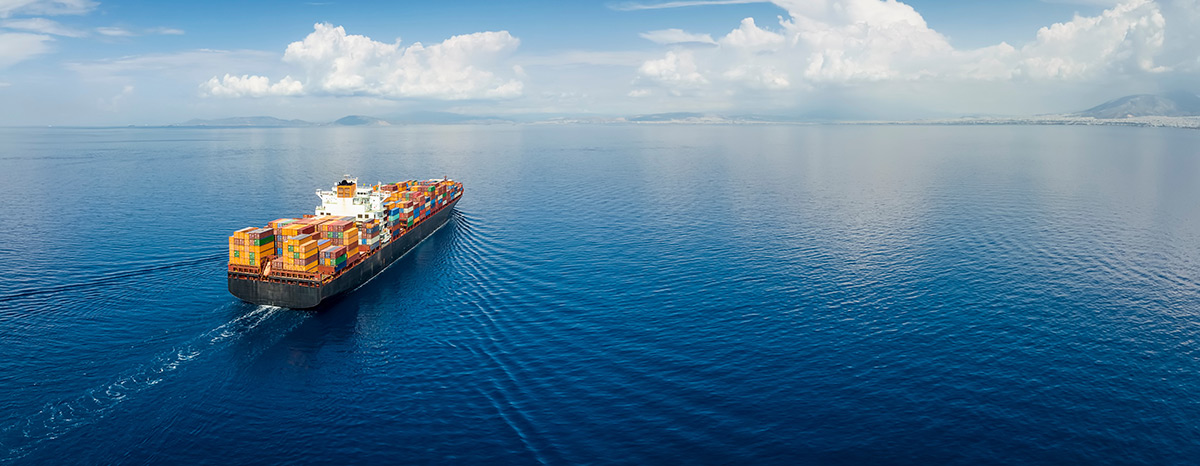In this latest Executive Bulletin, we put the spotlight on the critical issue of trust within the workplace, particularly between employees and their leaders. Shockingly, a recent HR Magazine report revealed that a quarter of employees do not trust their CEO. Additionally, almost one-third of employees lack the opportunity to share feedback with top-level executives, while over half feel their concerns fall on deaf ears.
As someone who engages with CEOs, CFOs, and COOs daily, these findings not only surprised me but prompted me to consider how the C-suite can better connect with and understand their workforce. While some CEOs boast an ‘open-door’ policy, it’s evident that more proactive measures are needed to truly engage employees and address their concerns.
One effective solution is to implement channels for feedback, such as suggestion boxes or employee engagement surveys. Conducted by HR departments, these surveys can provide valuable insights which can then be shared with senior management during board meetings. It’s crucial to emphasise that surveys such as these should not take place only annually, or merely as checkbox exercises, rather, they should be an ongoing, integral part of an organisations HR strategy.
I feel it’s important to recognise that perspectives differ across various career stages and collecting regular feedback will help organisations in understanding the evolving perceptions of the company’s culture. Key survey questions could revolve around employee value, understanding of the organisational mission, and identification of skill development needs.
As well as creating a forum for collecting feedback, this is pointless if the company fails to give employees feedback on their suggestions, whether positive or negative. Some companies I speak to opt for quarterly town hall sessions, where employees gain deeper insights into company goals and culture, and having a sense of purpose – this is more important now than ever before, so how are your employee’s adding value to the world? These sessions also provide an opportunity for employees to voice opinions on company operations, what changes can and should be made to how things are done and how things are run.
If led by the CEO, these town hall sessions should prioritise employee interaction, allowing ample time for questions and honest answers and not just an opportunity for the CEO to hold court. Ultimately, the key is for employees to feel heard, valued, and fulfilled, creating a workplace where trust is built and sustained.
There are several companies out there that offer survey platforms and services which can help provide support for organisations keen on fostering a feedback-driven culture – you’re not in this alone!
Article written by Teresa Peacock, Managing Director of Spinnaker’s Executive Search division.










